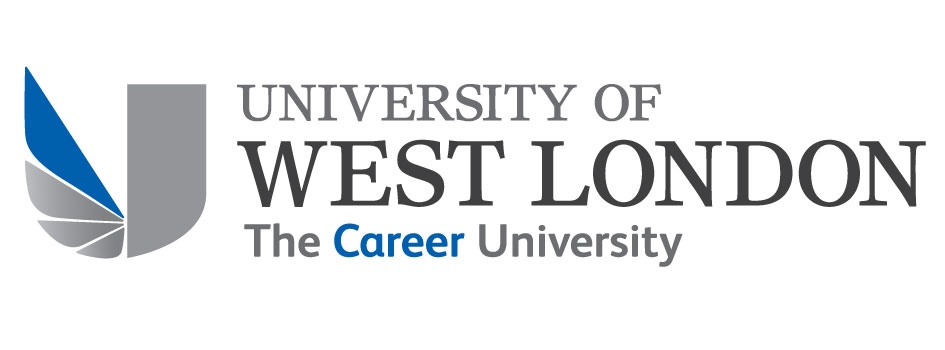As an optimist, I find myself imagining a brighter, better future. But it has been hard to remain optimistic over the last 12 months. Luckily, the UK Government has decided that one route towards a brighter future is to ensure freedom of speech through the appointment of a new Free Speech Champion. The current education secretary, Gavin Williamson, announced that this role is needed to stamp out unlawful ‘silencing’ on campuses. So, let me exercise some of this free speech.
Covid-19 has had a devastating impact and the UK Government’s ineptitude has cost the lives of thousands. Brexit has stopped goods from reaching the supermarkets of Northern Ireland and threatened peace. Government trade deals suggest a watering down of regulation and the possibility of low-quality food. Our planet is heating, but targets to address the climate catastrophe lack political direction. Government ministers have denied hungry children a free school meal and will soon cause thousands of families to sink below the poverty line by withdrawing the meagre £20 uplift in Universal Credit. Nurses are superheroes yet they are offered a ‘pay rise’ that will see them lose money in real terms. Institutional racism continues its ignorant journey, yet Government ministers deny its very existence. Children are literally dying because of poor air quality, yet the Government still embraces the stink of oil, coal and gas.
We are on the tipping point, but my optimism leads me to believe we will tip in the right direction. Now, more than ever, the free voice of Higher Education needs to be heard. As ever, the authors in this edition of New Vistas have stood up and offered comment that seeks to move the conversation forward. We open with Thompson and Bell discussing the impact of Covid-19 on a teaching exchange programme. Further discussion on Covid-19 then follows as Sikora and Pace examine their experiences of blended synchronous learning and Karimi reflects on researching school leadership in the time of Covid-19. Our fourth article shifts the narrative slightly as Grendele addresses the challenge of recruiting participants from ‘hard-to-reach’ communities. This is followed by an analysis by van der Sluis of the relevance of manga, graphic novels, and comics in diversifying curricula. Breakspear and Cachia then offer a thoughtful account of students’ perceptions of loneliness at university. In our final article Butcher et al look at how individual differences in students (motivation, self-regulation and feedback orientation) impact on them completing academic tasks. We then close on an optimistic note, with a profile of PhD student, Livia Lantini, and her work on disease control in trees and forests around the world.
As we look to a brighter future, safe in the knowledge that our right to free speech will be maintained, let’s not just go back to our old ways – let’s build a brighter future based on research, efficacy and a desire to make life better. Let us use our voices.

